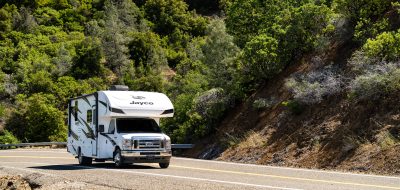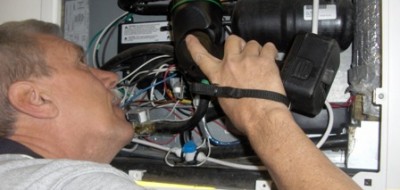People use checklists to avoid missing something during a particular procedure. Mostly these are used for routine operations, for example, a list of things a pilot may carry out prior to takeoff or landing. The fact that this procedure is carried out many times is exactly why this is done. When we get too comfortable doing something, it becomes far too easy to shortcut or miss an item.
Along this same line, preparing to depart camp in a trailer or motorhome also requires a list of procedures. Failure to carry out some may lead to damaging the RV, personal injury or other collateral damage. So, let’s look at some of these items you would need on your RV Departure Check List:
- Disconnect and store all attachments from the camp services. Many incidences of pulling away still connected have resulted in damage to the park’s service pedestal and destruction of an RV’s electrical bay door.
- Retract all TV antennas and physically check that they are stored. Do not rely on an indicator light for confirmation. They can fail. Failure to do this can result in destruction of the antenna and possible roof damage.
- Store all interior items and appliances for travel. Failure to do this can result in breaking items or personal injury from a flying item in the case of an emergency maneuver.
- Retract all slides if applicable, and confirm they are in and locked. I have personally seen rigs driving out of a campground with a slide still extended. The damage of failing to do this can be colossal.
- Retract all levelling jacks and confirm visually that they are stored. Again, relying on indicator lights may not be as prudent as one would believe.
- Do a full walk-around, checking all basement doors are closed and secure. Additionally check beneath the rig and all wheels to assure nothing has been left there by accident.
- If your rig has air suspension, be sure to air it up fully before moving the coach. A sharp turn on the front axle may cause the front tires to contact the fenders and create severe body damage.
Of course, there are more items that may be specific to your rig’s configuration. Detailing these points, as well as the aforementioned, and then making a formal check list is a great idea. It can save you big repair bills and the possible embarrassment of such an event.
A little organized planning, and a check list reminder, can help make your camping trip all that you hoped for. Have smooth sailing and enjoy.



